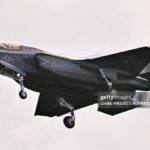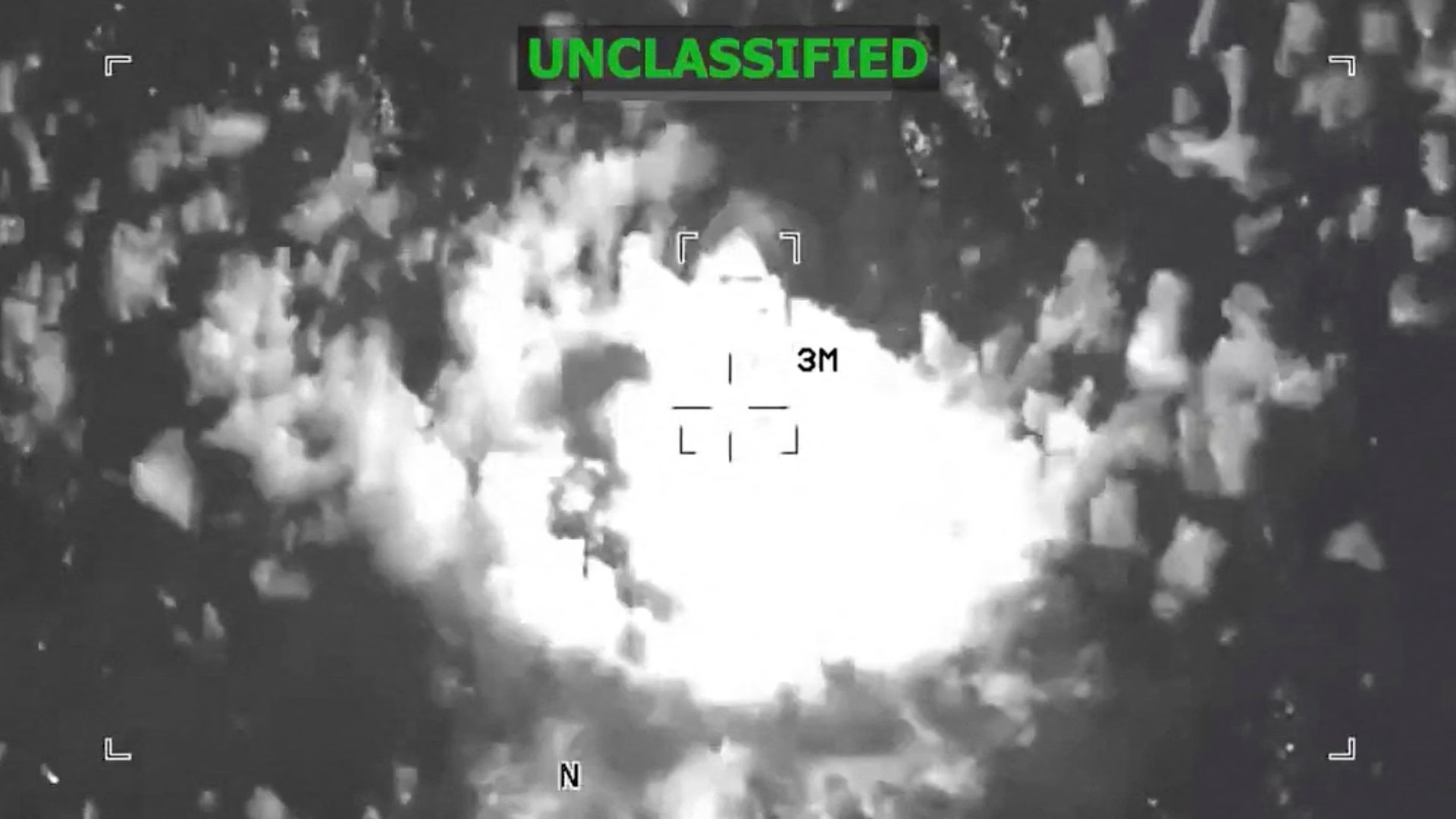
News Americas, NEW YORK, NY, Mon. Oct. 20, 2025: The fallout from a series of deadly U.S. military strikes in Caribbean waters continues to widen – drawing condemnation from a leading U.S. senator against the Trump administration, sparking regional divisions within CARICOM, and even threatening Trinidad and Tobago’s diplomatic ambitions on the world stage.

At least 30 to 33 people have now been reportedly killed in U.S. military operations targeting suspected drug-trafficking vessels in international waters near Venezuela since early September. The Trump administration claims the boats were tied to narcoterrorist networks. But human rights groups, legal experts, and regional governments are questioning both the legality and motives of the strikes.
Senator Rand Paul (R–Ky.) has emerged as the sole Republican voice openly condemning the operations, calling them “contrary to American principles” and “a violation of the rule of law.”
“When the U.S. kills someone, you really need to know someone’s name,” Paul said on NBC’s Meet the Press. “You have to accuse them of something. You have to present evidence. So all these people have been blown up without us knowing their name, without any evidence of a crime.”
Paul questioned the rationale for using military force thousands of miles from U.S. shores. “If our policy now is to blow up every ship we suspect of drug running, that would be a bizarre world in which 25 percent of the people might be innocent,” he warned, adding that the distinction between “war and peace” is being dangerously blurred.
The senator has also clashed publicly with Vice President JD Vance, who called the strikes “the highest and best use of our military.” Paul responded on X, calling such remarks “despicable” and warning that the U.S. is “glorifying killing without trial.”
The Caribbean Community (CARICOM) convened an emergency meeting on Friday to discuss the escalating militarization of the region. In a joint statement issued October 18, 2025, Heads of Government – except for Trinidad and Tobago, which reserved its position – reaffirmed their commitment to maintaining the Caribbean as a Zone of Peace and to resolving disputes through dialogue and international law.
CARICOM leaders underscored their shared opposition to narcotrafficking and the illegal arms trade but stressed that these challenges must be addressed “through ongoing international cooperation and within international law.”
They also reaffirmed “unequivocal support for the sovereignty and territorial integrity of countries in the Region and the safety and livelihoods of the people of the Region.”
However, Port of Spain’s dissenting stance has triggered unease across the Caribbean. Trinidad and Tobago’s nomination for a seat on the United Nations Security Council for 2027–28 could now be in jeopardy, according to well-placed sources quoted by the Caribbean Media Corporation (CMC).
“There is a perception that some regional leaders are unhappy with Trinidad and Tobago’s decision to side with Washington,” the sources said, referring to CARICOM’s collective position and the fact that two Trinidadian nationals were reportedly among those killed in the latest U.S. strike.
Despite the controversy, Trinidad and Tobago reiterated its stance on Sunday, defending its support for U.S. operations. In an official statement, the government said the actions were “aimed at combatting narco and human trafficking and other forms of transnational crime,” adding that such operations are intended to make the Caribbean a “true Zone of Peace where all citizens can live and work in a safe environment.”
Amid rising tensions, the U.S. Embassy in Port of Spain issued a security alert on October 18, 2025, citing a “heightened state of alert” and advising Americans to avoid all U.S. government facilities in Trinidad and Tobago through the holiday weekend.
The advisory urged U.S. citizens to stay aware of their surroundings, monitor reputable news outlets, and report suspicious activity to local authorities. It also reminded travelers to enroll in the Smart Traveler Enrollment Program (STEP) for updates.
International legal experts and human rights organizations, including the ACLU and the Center for Constitutional Rights, continue to denounce the U.S. strikes as extrajudicial killings carried out under a legally dubious “war on narcoterrorism.”
“This represents a dangerous precedent — expanding the definition of war to justify killing criminal suspects,” one legal analyst warned.
With the death toll now surpassing 30 individuals, including possible Caribbean nationals, CARICOM’s commitment to peace and the region’s sovereignty faces one of its toughest tests in decades.
As Senator Paul summed up: “Did we really return to a world where accusation alone justifies execution? That’s not justice – it’s lawlessness.”
British Caribbean News

